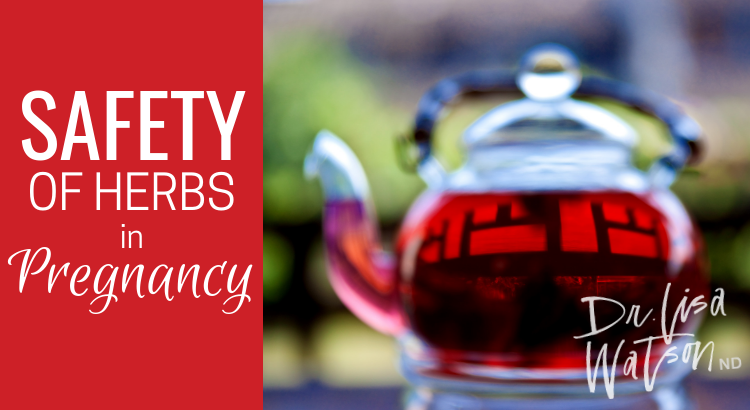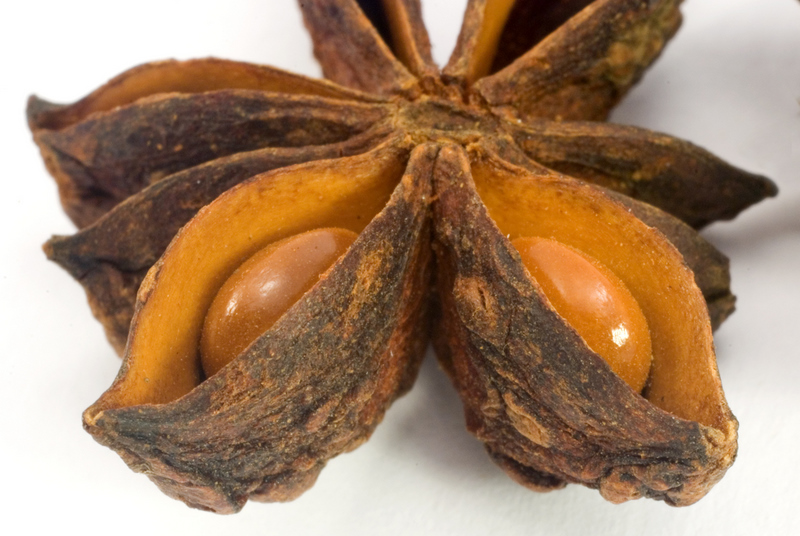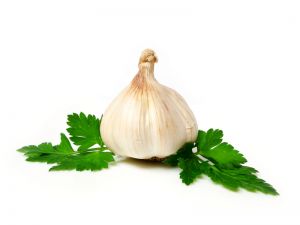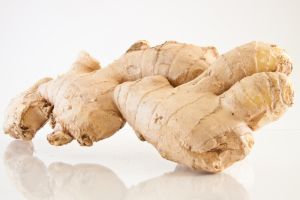

Unless you are under the care of a knowledgeable Naturopathic Doctor, herbalist or Integrative Medical Doctor, it is unadvisable to use any herbs during pregnancy. Health Canada currently recognizes SIX herbs that can safely be consumed as teas during pregnancy. They are:
- Ginger
- Lemon balm
- Linden flower*
- Orange peel
- Citrus peel
- Rose hip
*Not for use in women with a pre-existing heart condition
The issue with the use of herbs during pregnancy is the lack of safety information. It is unethical to do product safety studies in pregnant women so few of these studies exist. We need to rely on other types of information in determining the safety of herbs during pregnancy.
Herbs that are considered safe in pregnancy are those that:
- Have a long safety record of traditional use in pregnancy
- Are free of poisonous and toxic biochemical components
- Do not cause uterine contractions
- Do not alter blood flow to the uterus
- Do not lead to birth defects
- Do not cause nutrient deficiencies that could negatively impact pregnancy
- Have no actions that could be harmful to either a pregnant woman or her fetus (i.e. laxative, sedative, purgative, etc.)
The herbs listed below are considered to be generally safe for pregnancy. However, it is best not to take any medication (herbal or otherwise) during the first trimester of pregnancy as this is the most sensitive time of development for the fetus. Only take these herbs under the supervision and guidance of a qualified health care professional.
Herbs That Can Be Used In Moderation In Pregnancy
This list refers to plants that may be used in moderation in pregnancy. Essential oils should be avoided.

Herbs That Can Be Used in Moderation in Pregnancy |
|
| Althea officinalis (marshmallow root) | Mentha piperita (peppermint) |
| Balotta nigra (black horehound) | Pimpinella aniusm (anise) |
| Dioscorea villosa (wild yam root) | Urtica diocia (nettle) |
| Echinacea species | Viburnum opulus (cramp bark) |
| Gallium aparine (cleavers) | Viburnum prunifolium (black haw) |
| Zea mays (corn silk) | |
Herbs To Be Used With Caution In Pregnancy

This list refers to plants which may be used occasionally as mildly flavored beverages, teas, seasonings, or as food. Extracts (i.e. tinctures) of all of these plants, even in small doses should be avoided.
Herbs That Can Be Used With Caution in Pregnancy |
|
| Allium sativa (garlic) | Mentha spicata (spearmint) |
| Allium cepa (onion) | Myristica fragrans (nutmeg) |
| Apium graveolens (celery) | Nasturtium officinalis (watercress) |
| Armoracia lapathifolia (horseradish) | Ocymum basilicum (basil) |
| Artemesia dracunuclus (tarragon) | Oreganum vulgaris (oregano) |
| Beta vulgaris (beet) | Oreganum magorana (marjoram) |
| Brassica spp. (broccoli, cabbage) | Petroselinum sativa (parsley) |
| Capsicum fructescens (cayenne) | Piper nigra (black pepper) |
| Caryophyllus aromaticus (clove) | Prunus persica (peach seed) |
| Carica papaya (papaya) | Rosemarium officinalis (rosemary) |
| Cichorum intybus (chicory) | Satureua hortensis (savory) |
| Cinnamomum zeylanicam (cinnamon) | Silybum (marianum (milk thistle) |
| Crocus sativa (saffron) | Thymus vulgaris (thyme) |
| Daucus carota (carrot) | Trigonellum foenumgraecum (fenugreek) |
| Equisetum arvense (horsetail) | Ulmus fulva (slippery elm) |
| Ferula asafetida (asafetida) | Zingiber officinale (ginger) |
| Foenicumlum vulgare (fennel) | Mitchella repens (sqaw vine) – 3rd trimester only |
| Equisetum arvense (horsetail) | Rubus idaeus (red raspberry) |
| Ferula asafetida (asafetida) | Trifolium pratense (red clover) |
| Foenicumlum vulgare (fennel) | Zingiber offinale (ginger) |
Download an easily printable PDF here: Safety of Herbs in Pregnancy

Disclaimer
The advice provided in this article is for informational purposes only. It is meant to augment and not replace consultation with a licensed health care provider. Consultation with a Naturopathic Doctor or other primary care provider is recommended for anyone suffering from a health problem.
Resources
- American College of Naturopathic Obstetricians: Home Obstetrical Care, A Handbook for the Practitioner.
- Bove, Mary. “Herbs for use in pregnancy, birth and postpartum”. The Birthkit. Winter 1998. P. 3.
- Gallo et al. “Pregnancy outcome following gestational exposure to Echinacea”. Arch Intern Med 2000; 160: 3141-3143.
- Hoffman, D. The Holistic Herbal
- Weed, S. Wise Women Herbal for the Childbearing Year. 1985
- Weiss MD, Rundolf Fritz. Herbal Medicine.
- G Frazer 1992.
- PDR for Herbal Medicine. 1998.
- Yarnell, Eric. “Botanical Medicine in Pregnancy and Lactation”. Alternative & Complementary Therapies. April 1997. P. 93-100.


Hi I was wondering why garlic might be unsafe? I have eating a one raw clove once a day for about ten days to avoid catching a cold. I’m about 12 weeks now. Thanks!
Garlic is considered safe in food doses. One study in the 1970s suggested that high doses of garlic *could* have abortifacient effects (increasing the risk of pregnancy loss). There are no other published reports of garlic negatively impacting pregnancy.
We always practice caution in pregnancy, and since we can’t ethically test supplements on pregnant women, we have to use what information we have and make our best recommendations.
~Dr. Lisa
So what implied in this article is that any herbal tea mix should be carefully chosen and more often then not be a singular “Safe” herb(because the “safe” herbs don’t tend to Come together without the questionable ones)?
I am taking a Garden of Life Raw Vitamin Code Prenatal vitamin and it has a fruit and veggie complex containing many of the herbs listed above; i.e. Spinach, beet, broccoli, ginger, etc. Should I be concerned? I am in my 1st trimester still.
Can you use neem powder, horsetail powder, fenugreek seeds, slippery elm bark, marshmallow root, lemongrass powder or other herbs in hair products(topically) while pregnant?
Topical use should be safe for most of those plants. The neem powder is a caution for use topically and orally, I’d probably skip it during pregnancy.
~Dr. Lisa
The amounts of the plants in a whole food prenatal are very very low. I would not be concerned.
~Dr. Lisa
Many combination teas will be fine – but I do suggest reading through the ingredients list to make sure prior to consuming in pregnancy.
~Dr. Lisa